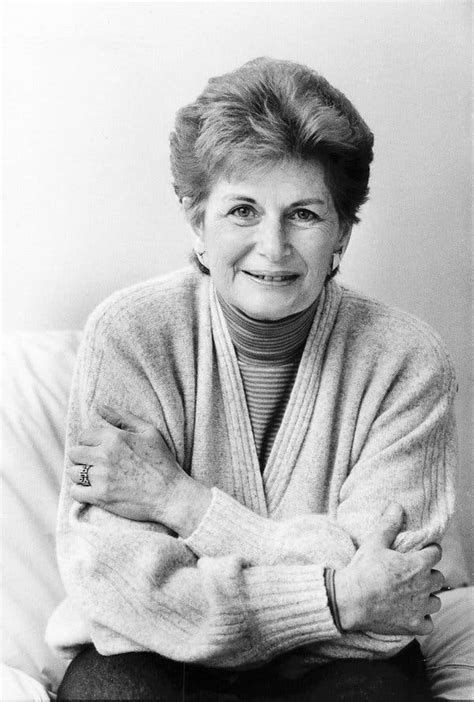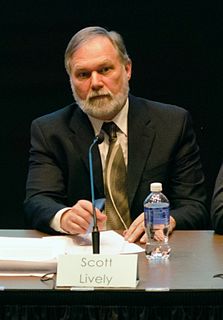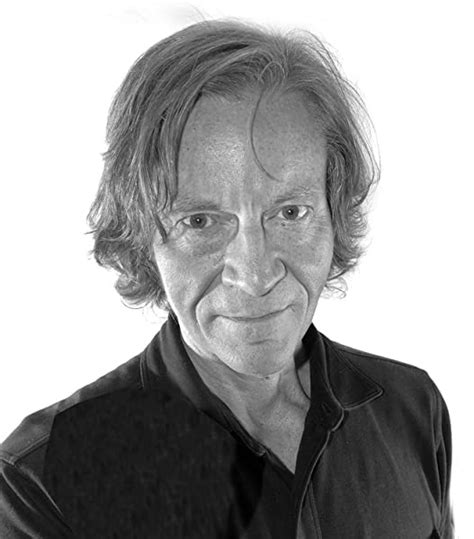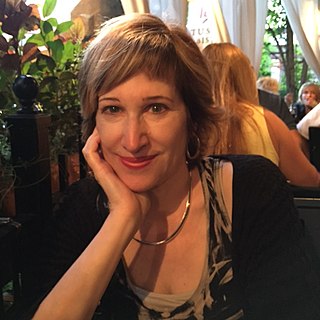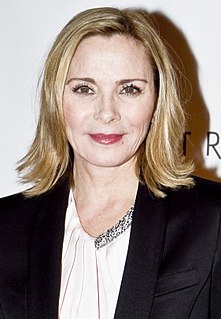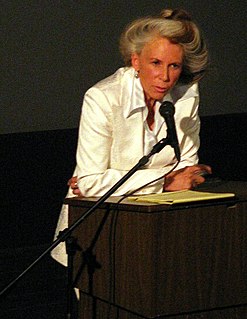A Quote by Lillian B. Rubin
Interesting, isn't it, that even though more than two and a half decades have passed since the sexual revolution brought women a new measure of sexual freedom, there's still no word in the language that doesn't reek with pejorative connotation to describe a woman who has sex freely. Since language frames thought and sets its limits, this is not a trivial matter. For without a word that describes without condemning, it's hard to think about it neutrally as well. When we say the words 'promiscuous woman,' therefore, it's a statement about her character, not just her sexual behavior.
Quote Topics
About
Behavior
Brought
Character
Condemning
Connotation
Decades
Describe
Even
Frames
Freedom
Freely
Half
Hard
Her
Interesting
Just
Language
Limits
Matter
Measure
More
New
New Me
Passed
Promiscuous
Revolution
Say
Sets
Sex
Sexual
Sexual Revolution
Since
Statement
Still
Than
Therefore
Think
Though
Thought
Trivial
Two
Well
Without
Woman
Women
Word
Words
Related Quotes
The belief that female sexual expression is uniquely dehumanizing is a double standard, no matter how much you dress it up in feminist language. Instead of condemning young women for the length of their skirts, why not use that energy for condemning anyone who would think that a woman is lesser-than because she wears a miniskirt?
Since the point of erotica is to offer the consumer sexual experiences without having to compromise with the demands of the other sex, it is a window into each sex's unalloyed desires. Pornography for men is visual, anatomical, impulsive, floridly promiscuous and devoid of context and character. Erotica for women is far more likely to be verbal, psychological, reflective, serially monogamous and rich in context and character. Men fantasise about copulating with bodies; women fantasise about making love to people.
The sexual act - thinking about the sexual act, the telling about the sexual act, after the sexual act, is so much more important than the actual sexual act - just in time. It's like of the whole sexual act, you probably spend 95% of the time thinking about it, talking about it afterwards. The actually sexual act, especially when you're 17, is minutes.
We've seen the transformation of America, when at the pinnacle of its Christianity was probably in the 1950s. Ever since then it has been declining, why? Because of the sexual revolution. Where did the sexual revolution come from? The sexual revolution came from the activists of the American gay movement.
Prostitution means sexual intercourse between a man and a woman aimed at satisfying the man's sexual and the woman's economic needs. It is obvious that sexual needs, even in a male dominated system, are not as urgent and important as economic needs which, if not satisfied, lead to disease and death. Yet society considers the woman's economic need as less vital than the man's sexual one.
I tried to think about these two issues very freely. With sex, I think I can manage with that. With death, this is a more difficult theme for me. I'm not a believer, even though I'm baptized. I don't practice. I don't believe in God, so I feel very alone facing death. What I discovered is that the only way to recognize death is if you are part of life, if you are part of sexual pleasure, if you link it with sexual pleasure.
On the question of women's sexual freedom or female independence, there are still issues that haven't been worked out. There's an aura of traditional gender roles that is not talked about that really permeates these conversations. There is this vacillation between a desire for independence and having the kinds of sexual freedom that men have and, on the other side, issues about female vulnerability and susceptibility to male aggression and violence. We need more honesty about the actual conditions in which sex is happening.
To say anything about women and men without marking oneself as either feminist or anti-feminist, male-basher or apologist for men seems as impossible for a woman as trying to get dressed in the morning without inviting interpretations of her character. Sitting at the conference table musing on these matters, I felt sad to think that we women didn't have the freedom to be unmarked that the men sitting next to us had. Some days you just want to get dressed and go about your business. But if you're a woman, you can't, because there is no unmarked woman.
